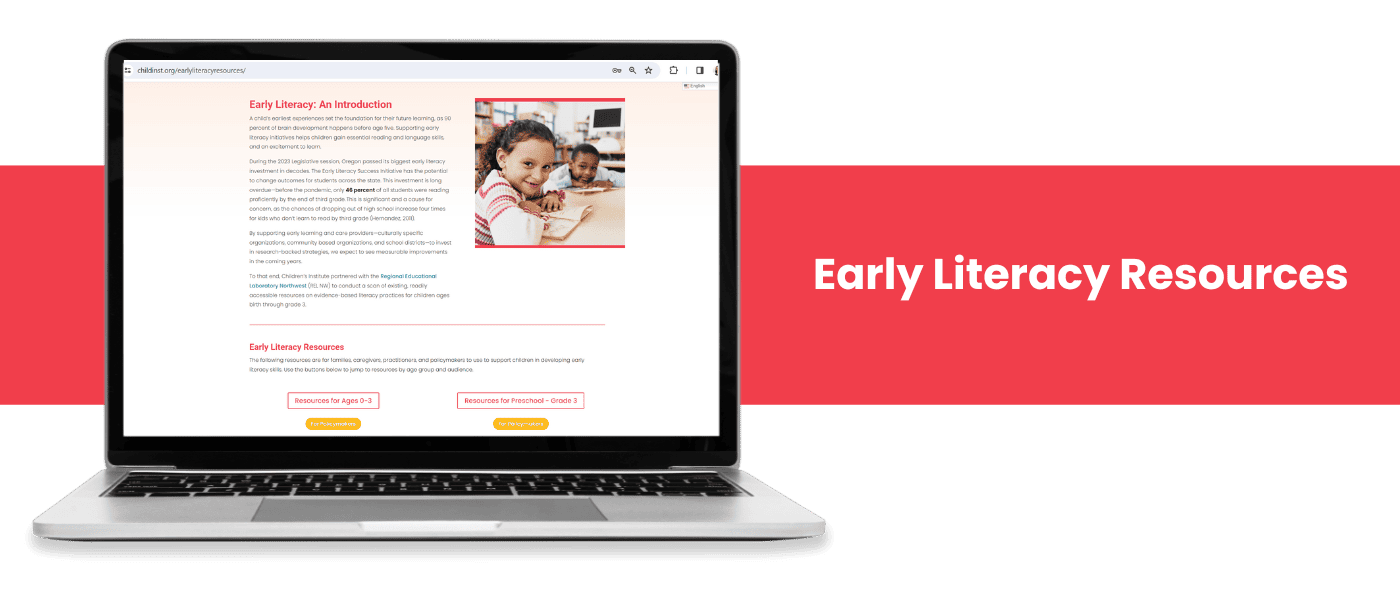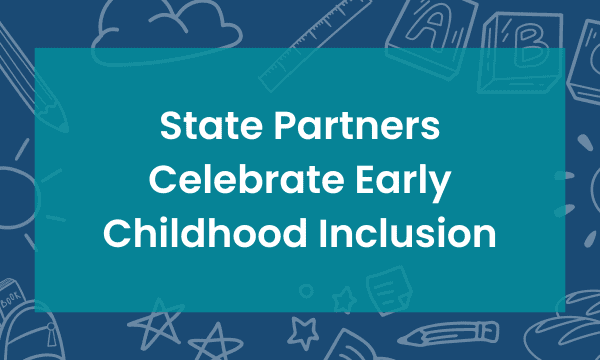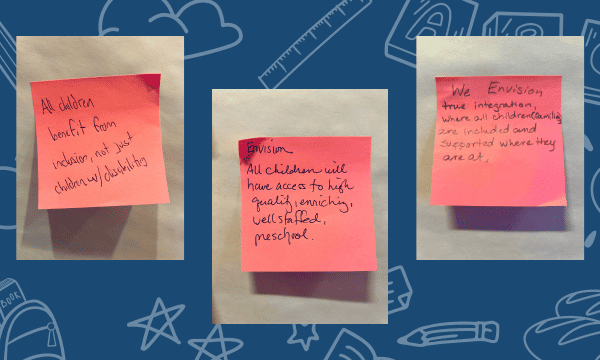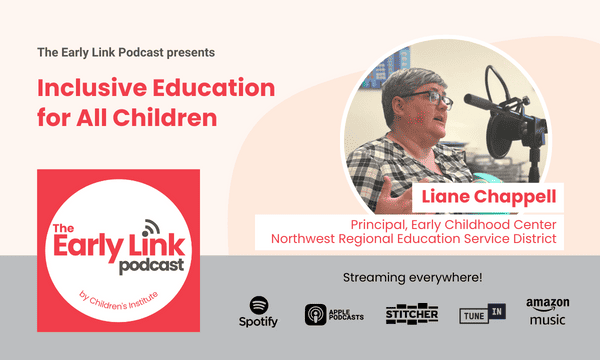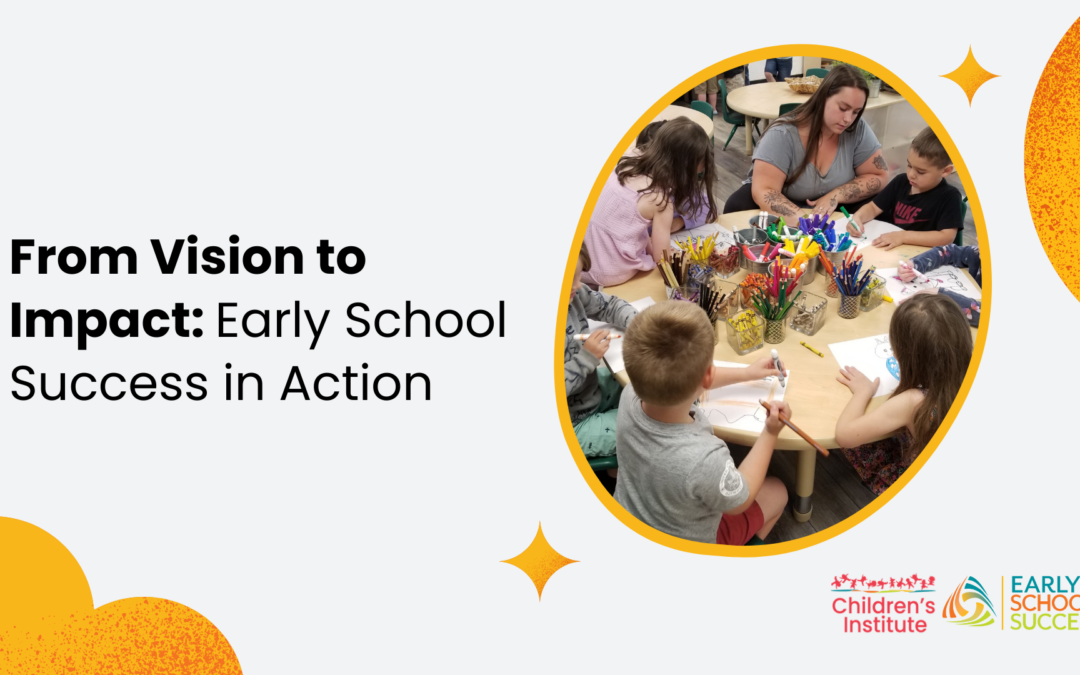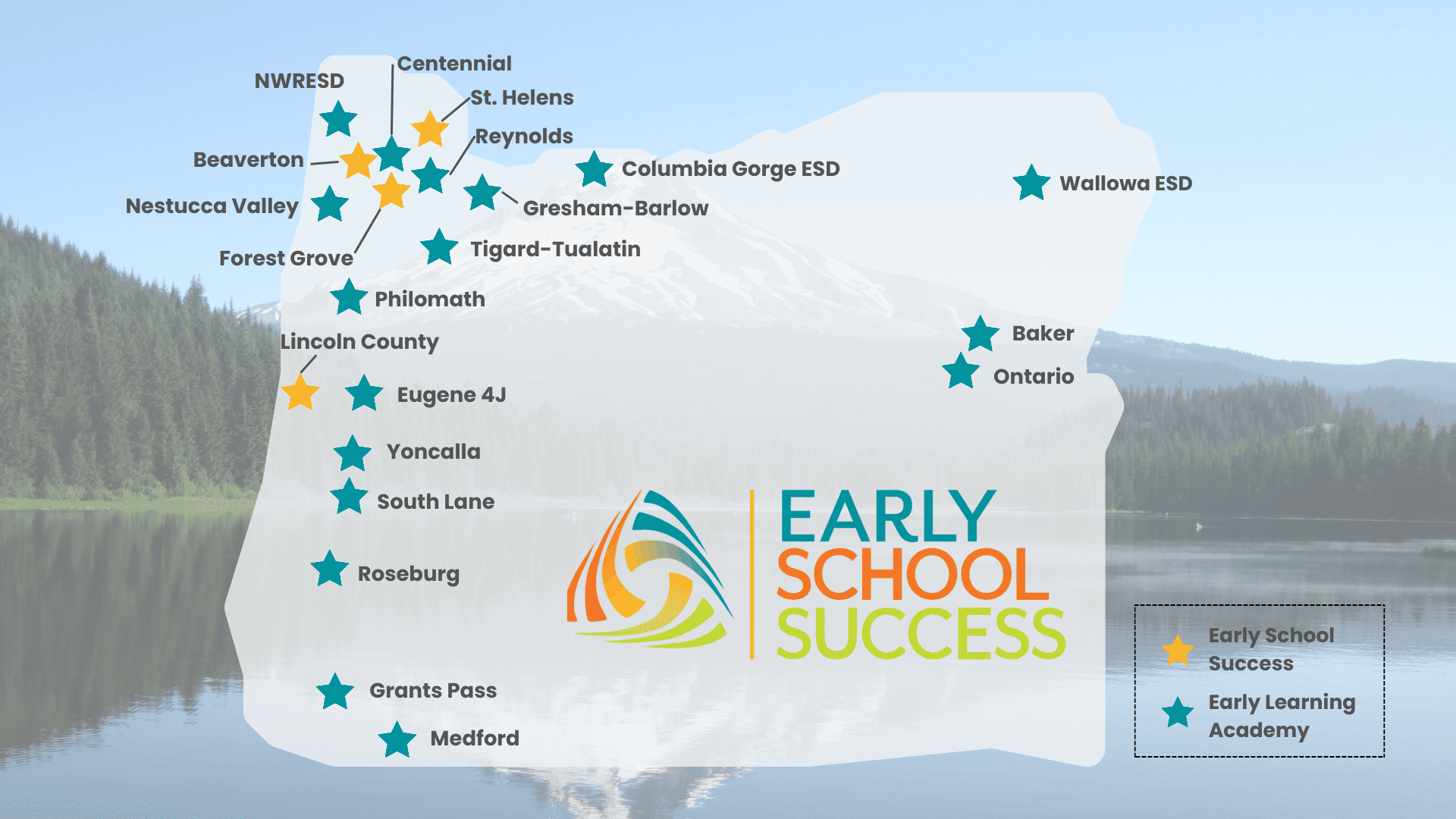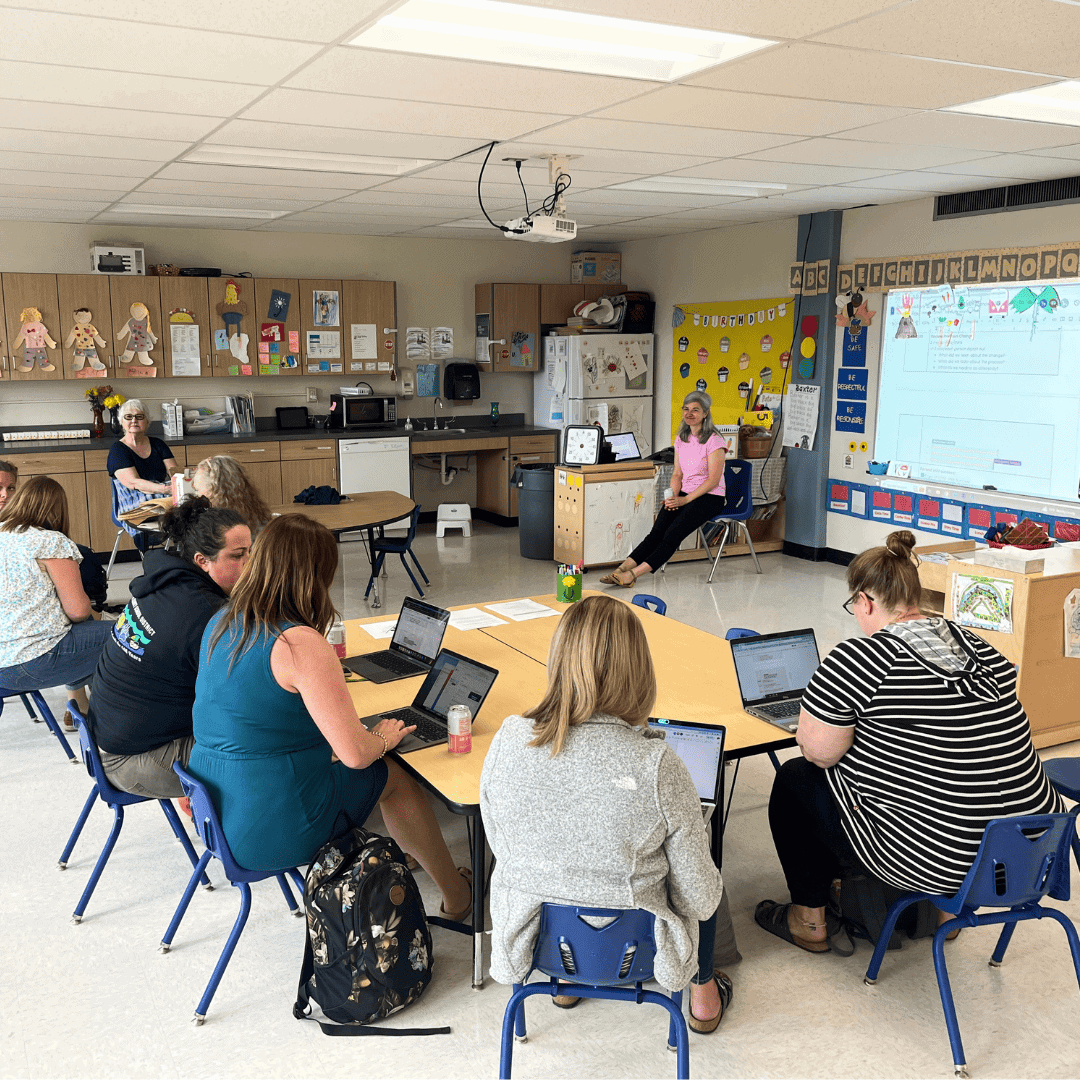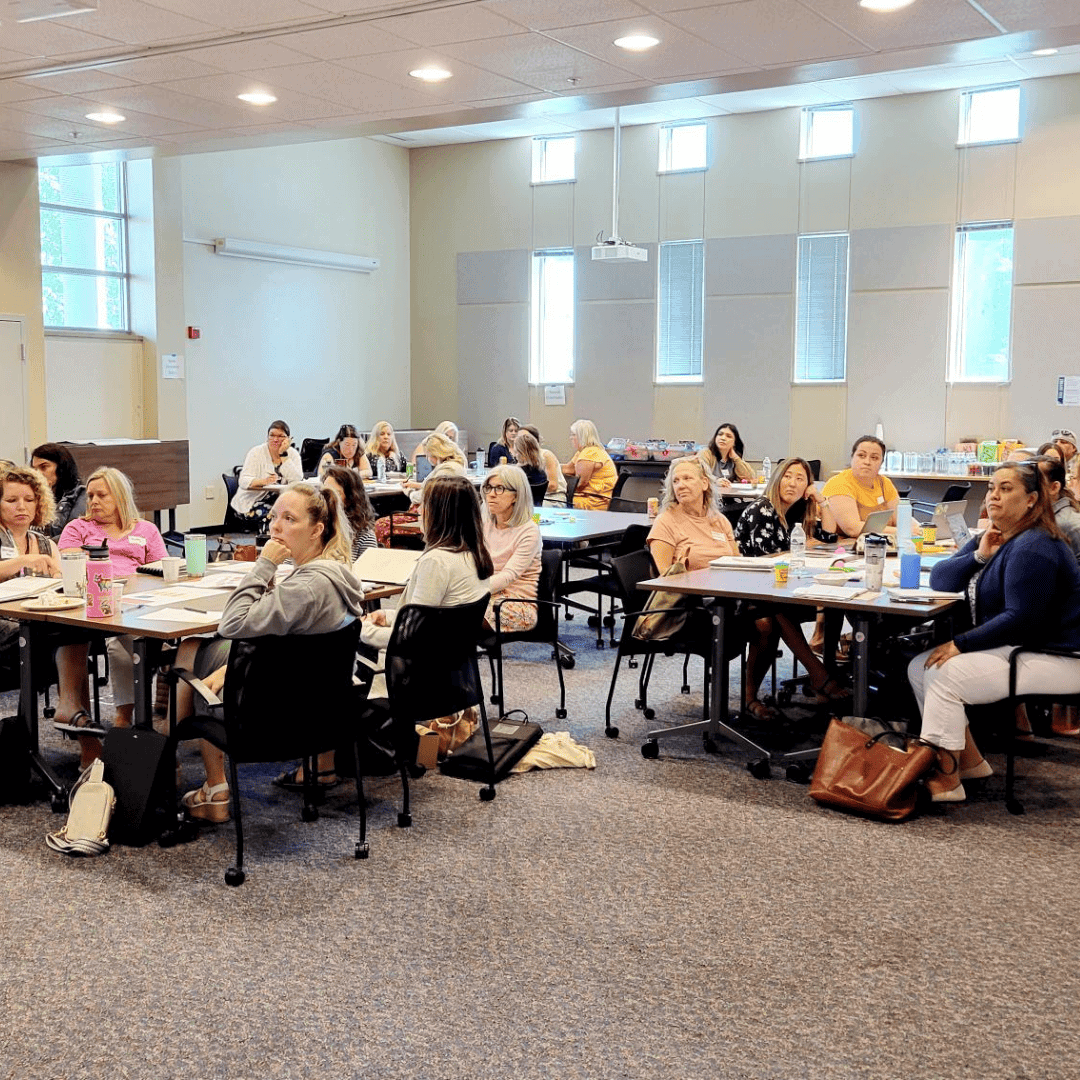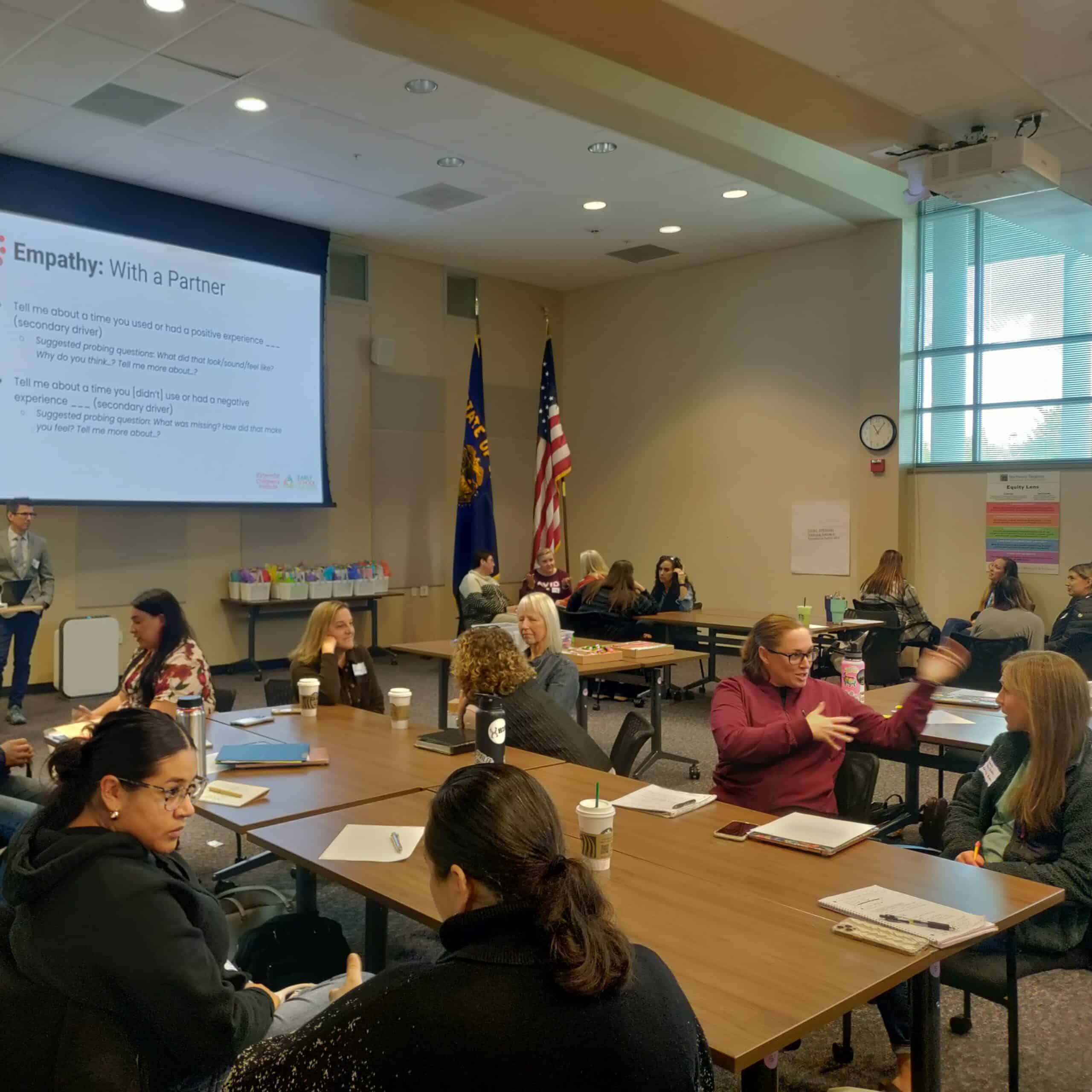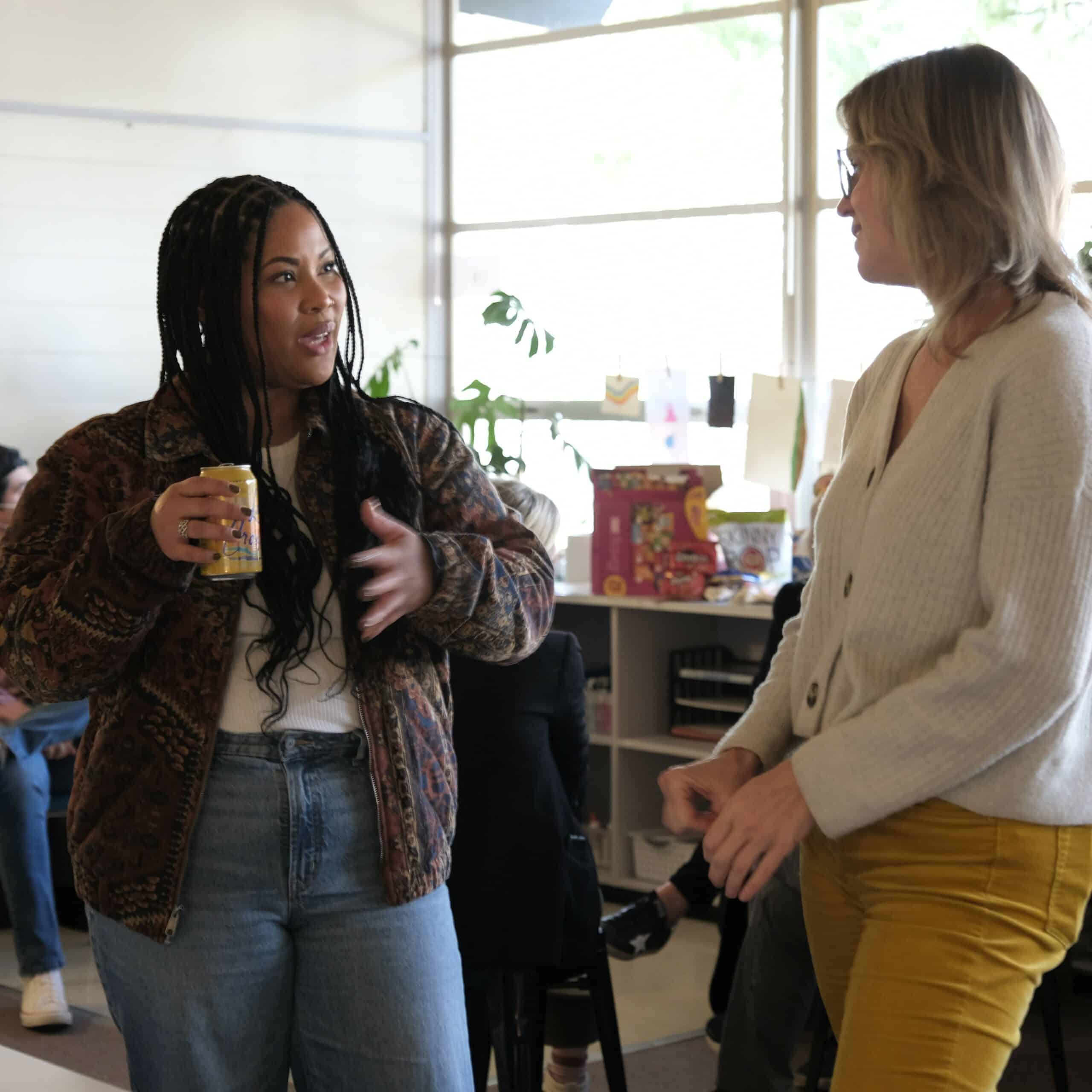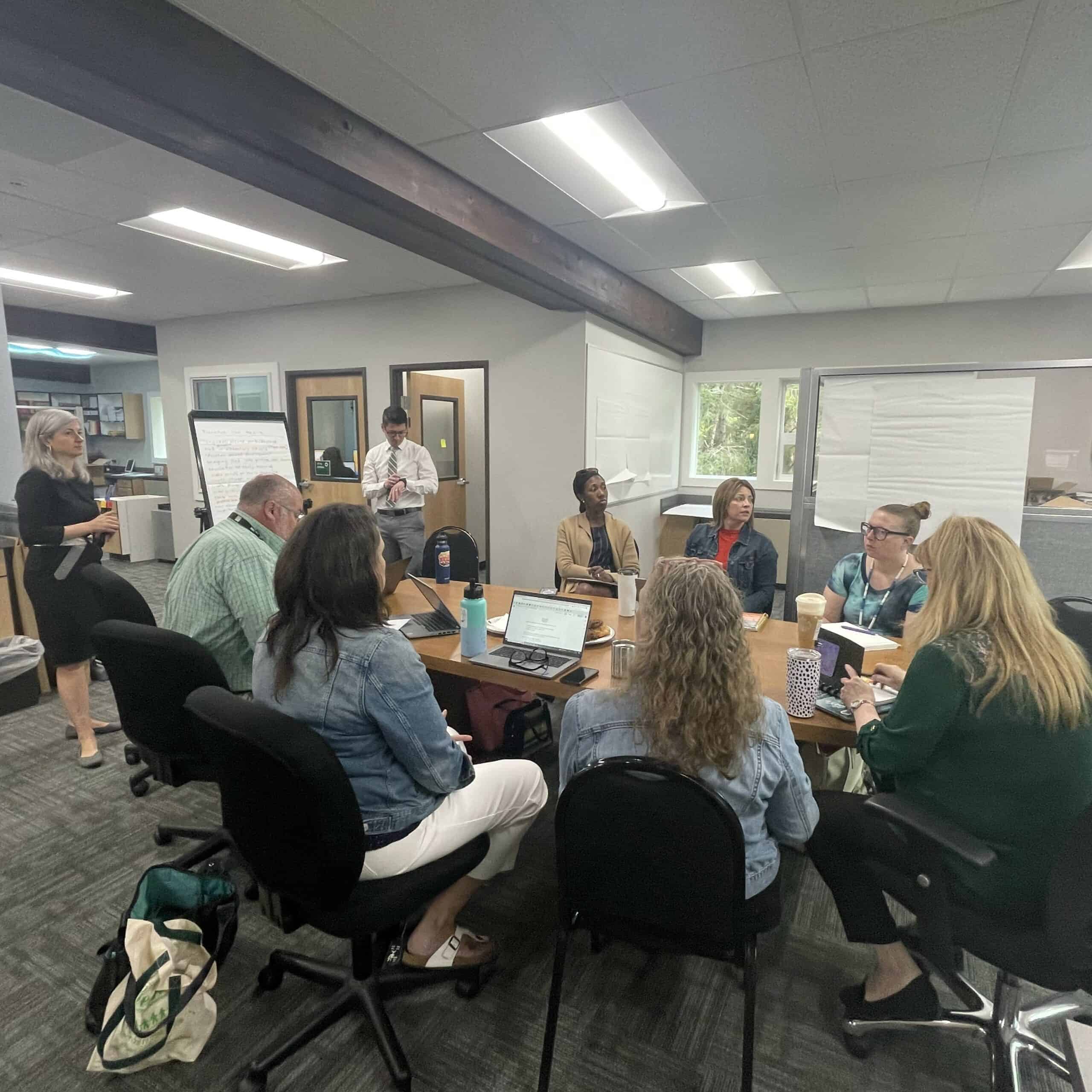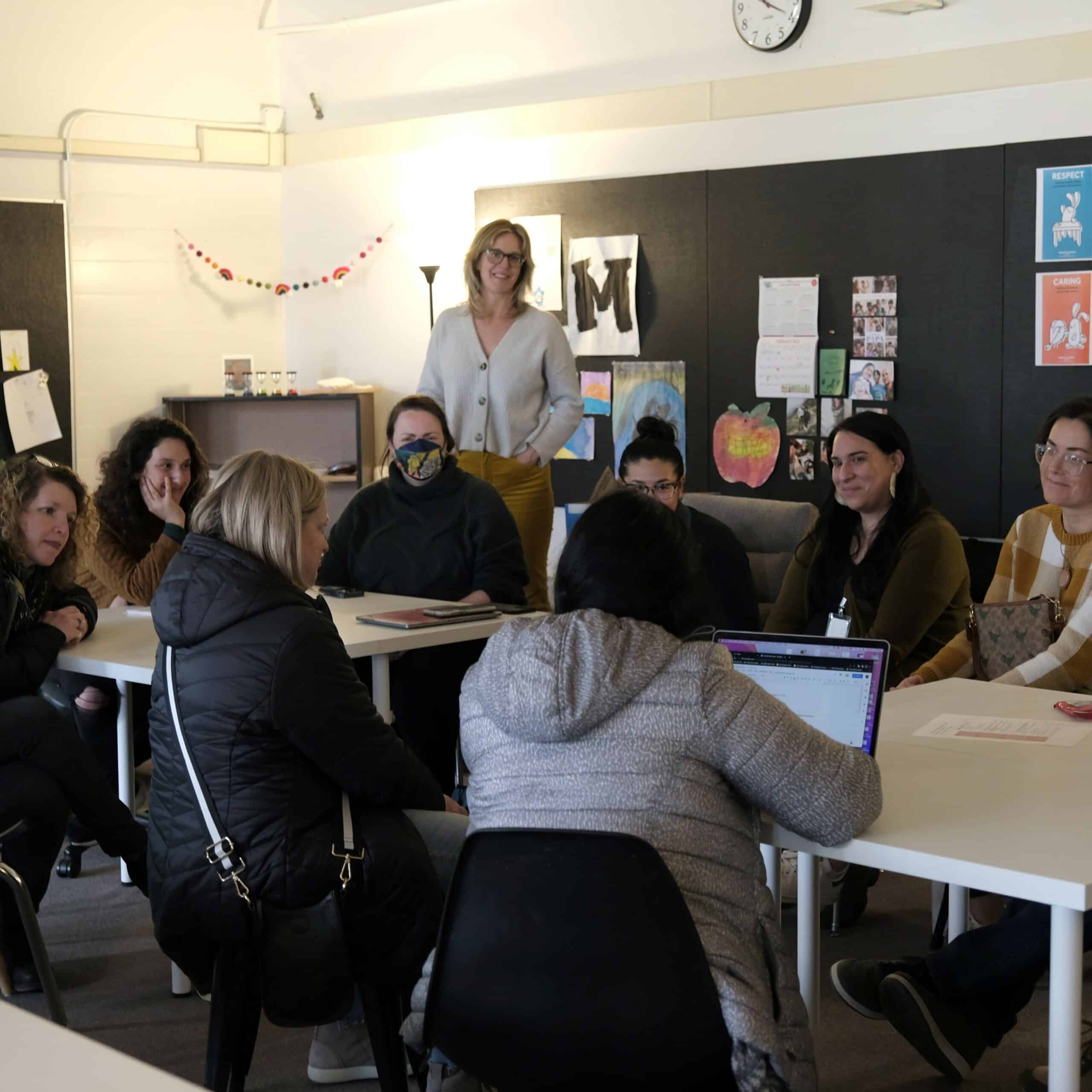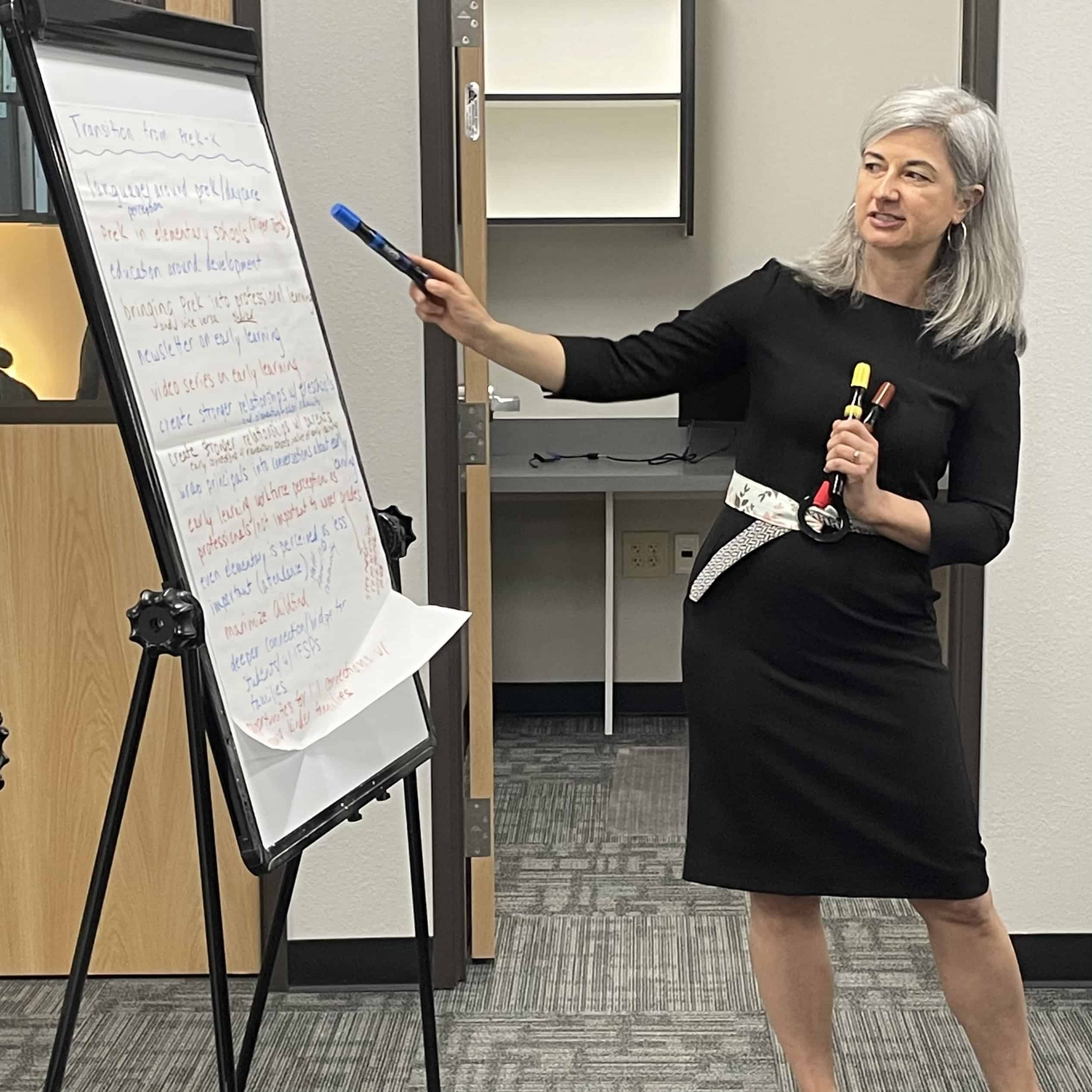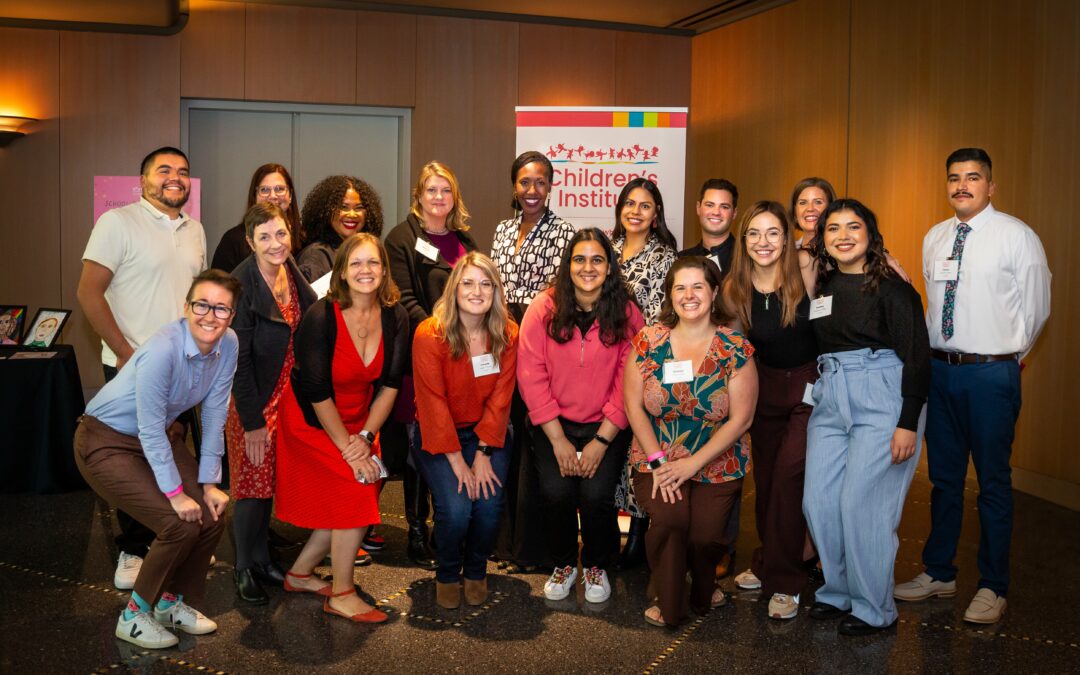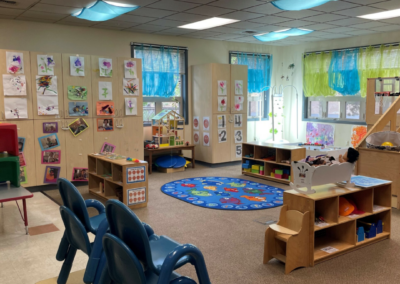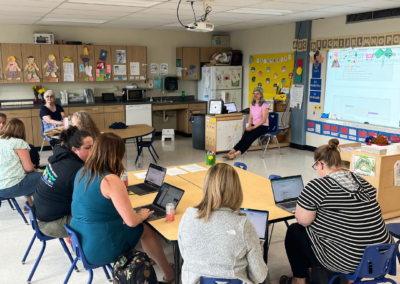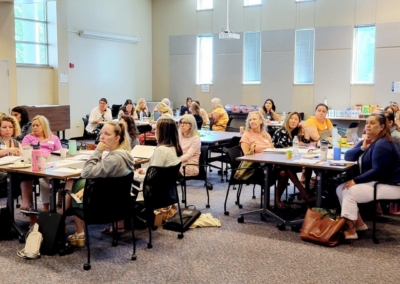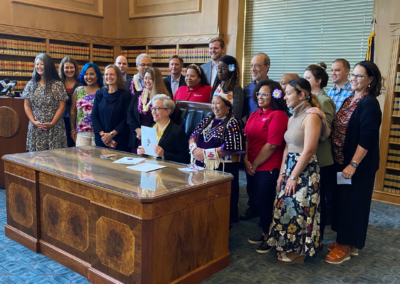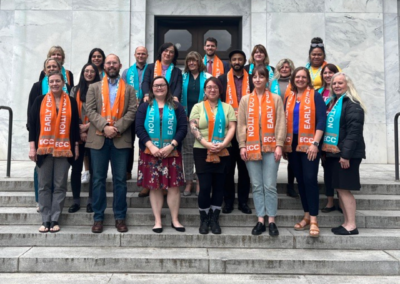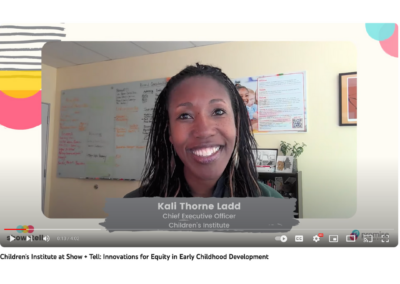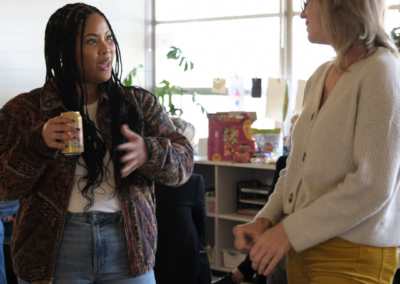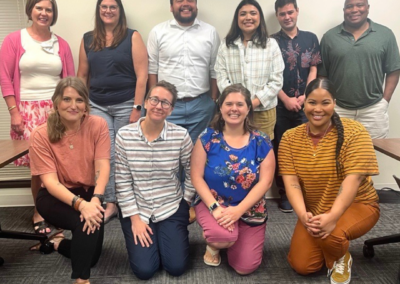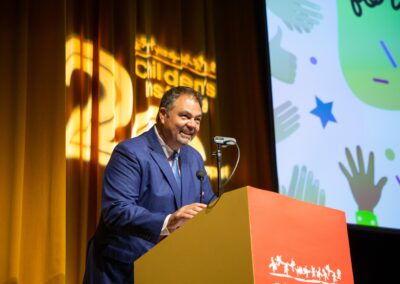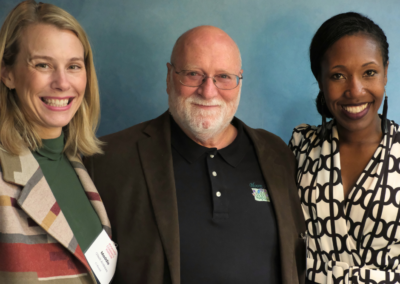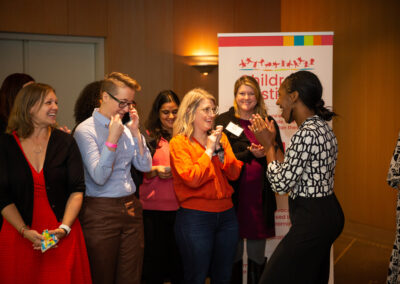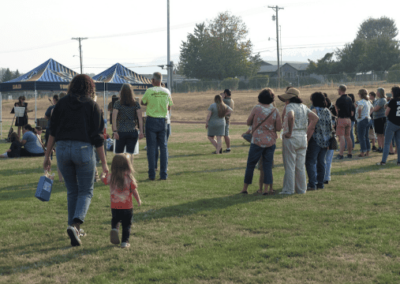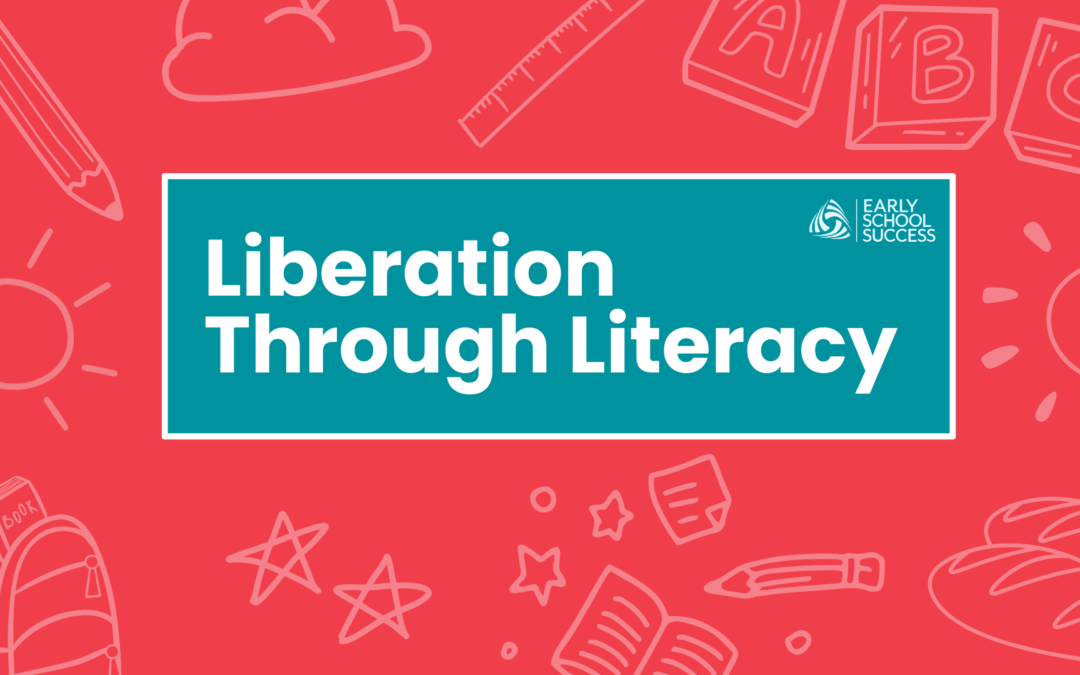
Liberation through Literacy
Imagine a world where all children experience liberation through literacy.
When I think about the power of literacy, I can’t help but ruminate on the foundational skills that children gain, the impact that learning has on a child’s life, and experiences that empower and engage them in their earliest and most crucial developmental years.
What if all children were exposed to the rhythm and pattern of sound, images of letters dancing on a page, opportunities to engage in imaginative play, and their lived experiences mirrored in stories they are told from birth? How might that positive exposure influence their development trajectory, foster a love for learning, empower their sense of self, and ultimately, enrich their lives?
Early literacy supports the recognition of rhythm, patterns, letters, and sounds, encouraging children to engage in playful inquiry. It creates opportunities to enrich social and emotional development through stories and books. Beyond the conventional components of literacy lie opportunities for children to explore their identities, develop a sense of belonging, and celebrate differences in community.
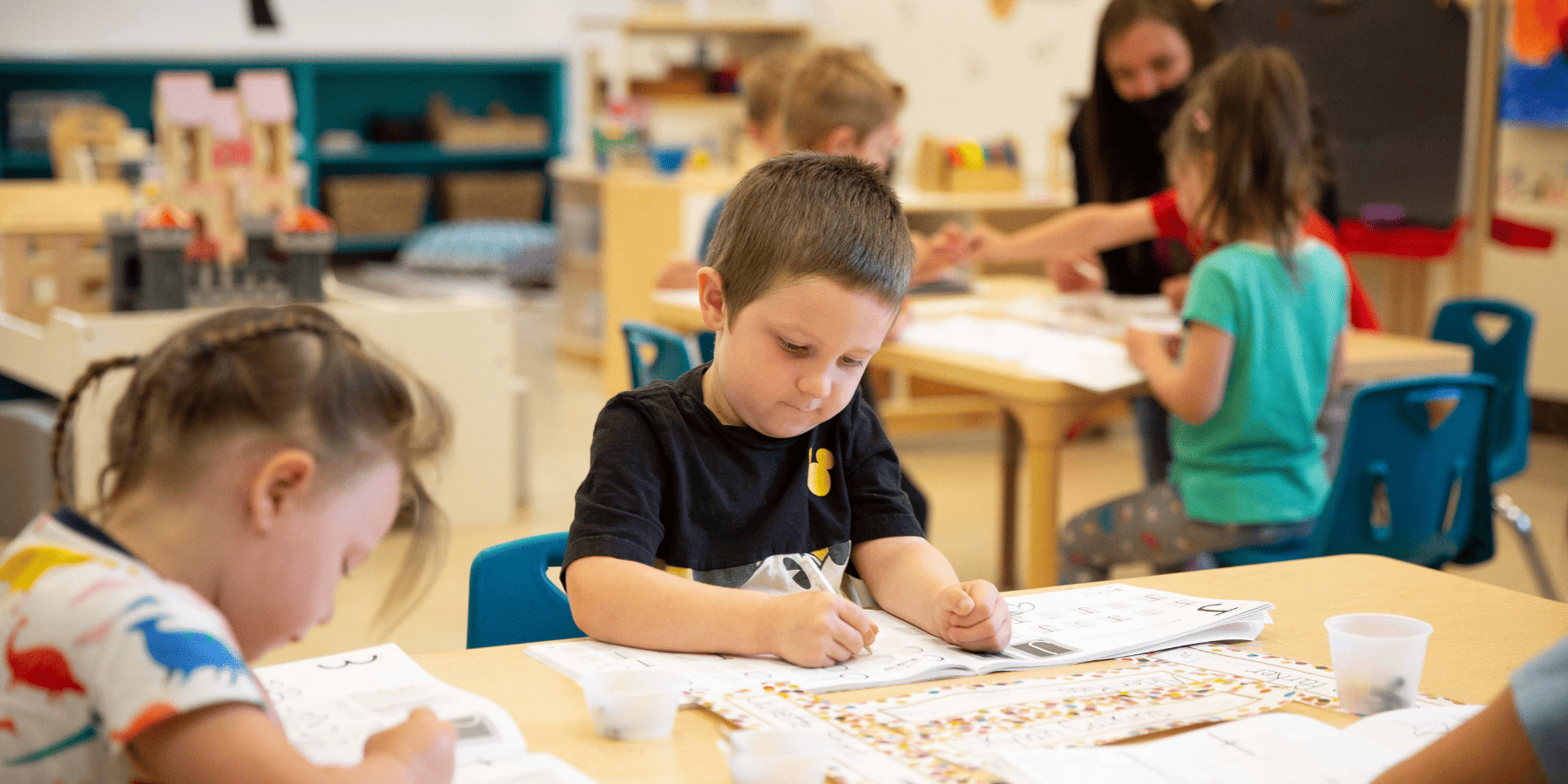
Liberation through literacy
Liberation through literacy is found when we acknowledge children’s inherent right to find enjoyment in building foundational literacy skills. Liberation is found when we continue to nourish their literacy development and equitably support their families with the resources needed to thrive at every stage of development.
This is reflected in the biliteracy strategies and practices led by our phenomenal Early School Success partners, Forest Grove School District (FGSD) and Beaverton School District (BSD). The leaders of this work are committed to providing high-quality early biliteracy opportunities for their students’ healthy development and lifelong learning.
Angella Graves, FGSD principal and early learning coordinator, recently shared Cornelius Elementary School’s approach to biliteracy with me. “At Cornelius Elementary School, we begin with the understanding that students can learn multiple languages at a young age by strengthening their first language and through multiple experiences in their second, which is why we begin with biliteracy from the start,” Angella explained.
“Learning to read is a civil right, and learning to read in one’s first language should also be a civil right. We want our students to be super bilingual, biliterate, and multicultural and that starts with biliteracy!” she said
Before the pandemic, only 46 percent of all students in Oregon were reading proficiently by the end of third grade. When kids don’t learn to read by third grade, the chances of dropping out of high school increase four fold (Hernandez, 2011). In response, the 2023 Oregon Legislature created its biggest early literacy investment in decades, the Early Literacy Success Initiative. We applaud this investment and believe it has the potential to change outcomes for students across the state.
To support these efforts, Children’s Institute partnered with the Regional Educational Laboratory Northwest (REL NW) to collect existing, readily accessible resources on evidence-based literacy practices for children ages birth through grade 3. I invite you to explore these resources here.
I encourage you to pause and think deeply about how your own experiences influences who you are, and how you show up as a champion for children. I hope it brings you back to warm and joyful memories, or perhaps you can find inspiration in reimagining the world of early literacy for the youngest learners in Oregon, and beyond.





